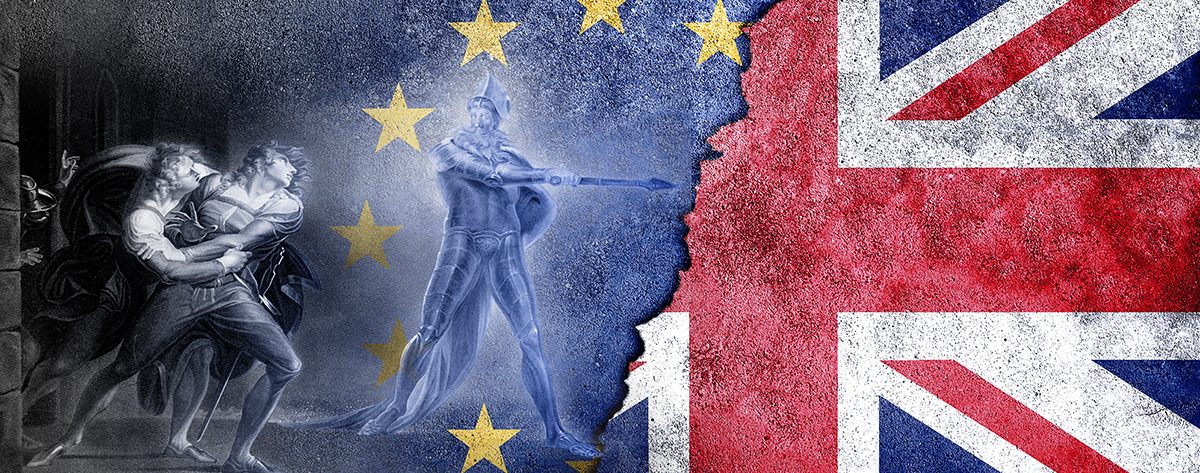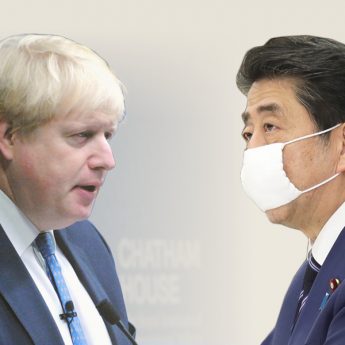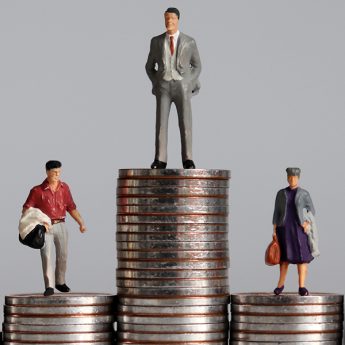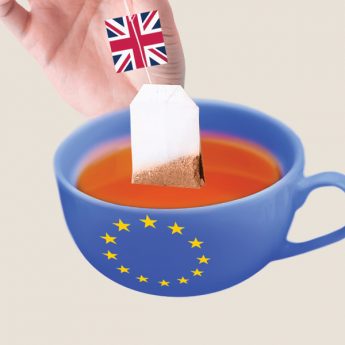Summer is the high season for scary stories in Japan. Rather than gathering around the fire at Yuletide to swap ghostly tales, we prefer to have our spines chilled and blood curdled in the midst of heatwaves. It helps us cool down, and has been our way of combating heatstroke in Japan for centuries. Air conditioning by storytelling has been with us since pretty much the birth of the nation.
One hundred stories
One typical format for the story-sharing event is the hyaku-monogatari or “one hundred stories”. People gather in an otherwise dark room in which a hundred candles have been lit. One by one, the participants begin to share their special tale. When they reach the end of their story, they blow out a candle. And so it goes on.
When the hundredth tale has been told and the hundredth candle extinguished, something happens in the total darkness. You might not want to know exactly what. The knowledge may lead to many a sleepless night. In the early 20th century, it became fashionable to hold these hundred-story events in famous old houses converted into entertainment halls. Corridors and gardens were adorned with eerie props, such as dead bodies dangling from somewhere.
Business blots
I have not checked on whether this sort of thing still goes on today. I doubt it. But I know for sure that the Japanese passion for summertime fright is very much alive and kicking. Which makes me think: How about a storytelling event featuring scary economic tales this summer? Might not some business magazine make a special edition from such an idea? If collecting a hundred yarns is a bit too much work for the editors, a handful of the goriest will do.
The editors can pick the themes and then commission the best and brightest among economists to write the tales—stories that feel like a cold finger running down your spine. Tales of horror with blood flying everywhere. Ghosts. Goblins. Phantoms. Apparitions. What have you. All kinds of setups and situations are possible. The real world is full of policymakers and business leaders who must surely be some kind of monster in disguise anyway.
If I were the editor, the first tale I would pick would be “The ghost of nationalisation comes to the Japanese stock market”. Although, this one is not really a ghost story. It is already reality. As a result of massive buying of exchange-traded funds, the Bank of Japan is now a top-10 shareholder for nearly half of the country’s listed firms. Who will save Japanese equities from the sinister hand of state control?
Further frights
For instalment two, we should go international. There is certainly no shortage of global horror stories, but foremost among them is surely “The US–China war from hell”. This war zone seems to keep expanding even as we speak. The clash of giant monsters, which started out as tariff warfare and went on to become techno-wars, now looks as though it will morph into competitive currency devaluation. The thing to watch out for is whether the US actually decides to intervene in the foreign exchange market to sell dollars. Once that happens, it will shed whatever semblance remained of its status as a key currency nation. When that mask slips away, one does not like to think what kind of monstrosity we will be left with.
For instalment three, I would pick the other trade warfare from hell—the one in our own backyard. Japan decided in July to impose tighter controls on its security-sensitive exports to South Korea. Seoul saw this as retaliation against its court order demanding compensation for people forced to work under Japan’s erstwhile colonial rule on the Korean Peninsula. South Korea then tightened its own controls on exports to Japan. Escalation begets escalation. Without the intervention of some deus ex machina, this confrontation looks as though it will take both sides down into a bottomless pit of horrors. What lurks there is anybody’s guess.
Brexit
Episode four shall deal with “The tragi-comedy of Brexit”. Boris Johnson, who features elsewhere in this issue of ACUMEN (pages 14–15), is quite the accomplished comic hero in appearance. He seems all set for a no-deal Brexit come October. That would be a tragedy. Is he prepared to take on the lead role in that event?
There is a shadowy presence lurking behind all these economic horror stories. That presence is the State with a capital S—Big Brother if you will. State intervention turns all economic stories into scary ones. Consisting of only four stories thus far, my editorial venture has a long way to cover before it can reach the hyaku-monogatari stage. Yet, already, the global horizon seems to be darkening. Something evil this way comes. Maybe.







